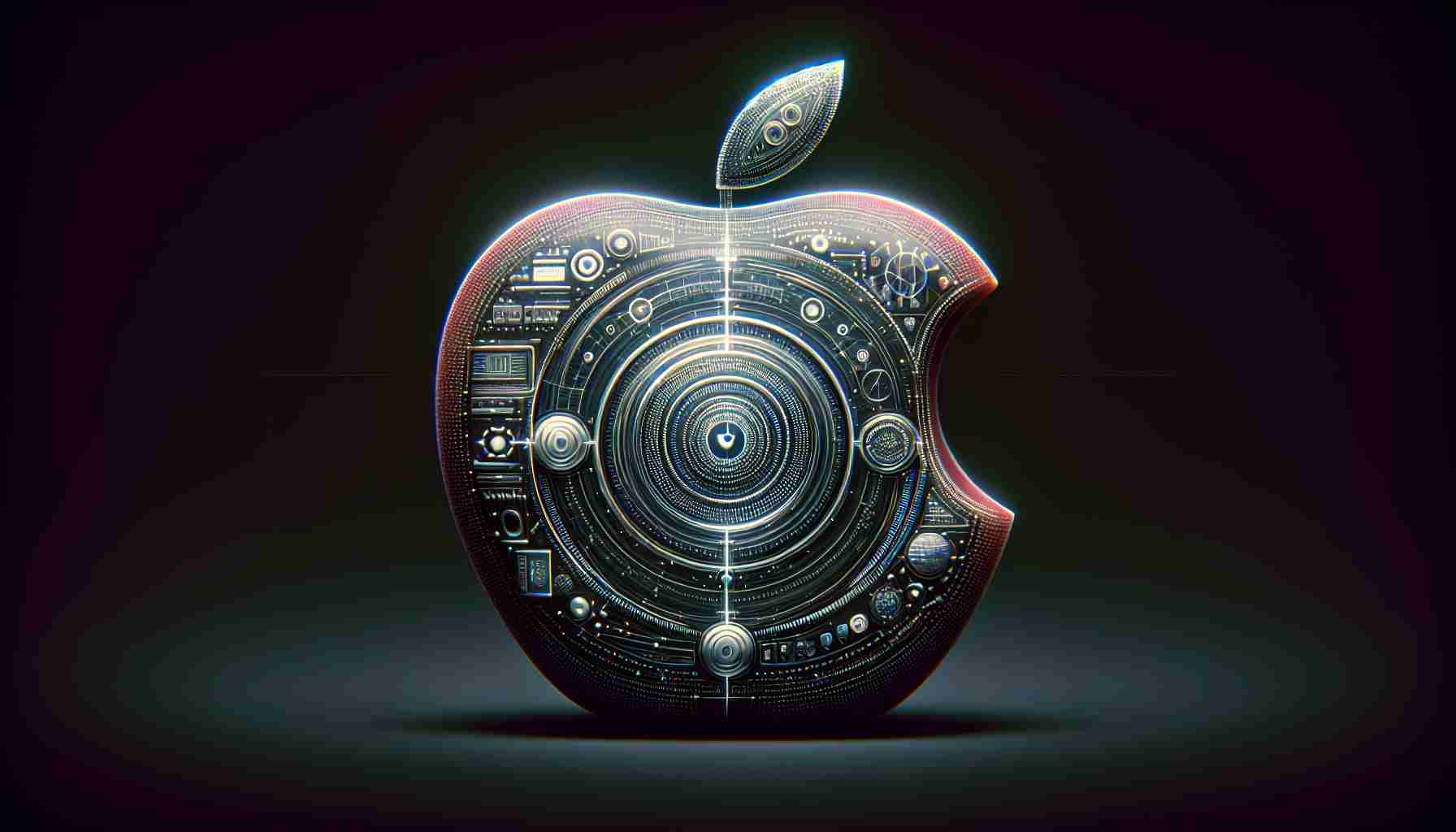Apple Inc. is set to enhance the Siri voice assistant in its upcoming iPhone 16 with a generative AI technology, sparking interest in how Samsung Electronics will respond. With no clear details on whether Samsung’s AI assistant, “Bixby,” will follow suit on smartphones despite plans to integrate Large Language Models (LLM), there’s speculation that Apple could potentially take a lead in the AI smartphone market.
In the upcoming Worldwide Developers Conference (WWDC) in June, Apple is expected to showcase Siri’s new features powered by generative AI, reportedly nearing the final stages of a licensing agreement with OpenAI to incorporate ChatGPT. This move breaks away from the anticipated AI strategies predicted for Apple, offering more sophisticated interactions than Siri’s traditional predefined responses to specific commands.
Traditional Siri verses Generative AI-powered Siri represents a significant upgrade. Where former iterations of Siri could only handle specific commands and searches, the new integration promises to address more complex inquiries, delivering a more natural conversational experience. Moreover, this AI capability is expected to run directly on the device, enhancing response times and security by operating without a need for external cloud connections.
While Google is also undecided on including its own generative AI, “JeminAI,” on smartphones, the industry has yet to determine the progress of such initiatives with Apple. In contrast, Samsung has outlined intentions to apply LLM to Bixby in July for use in larger household appliances, but has left the smartphone application undecided. Should Apple capture the market first with its advanced Siri, Samsung may find itself trailing in the AI race despite its current hold in AI features within the smartphone sector.
Industry experts suggest high plausibility for LLM-equipped Bixby to appear in Samsung’s Galaxy devices if it’s successfully implemented in other consumer electronics, implying possibilities for the tech giant to catch up in the ever-evolving AI landscape.
Important Questions and Answers:
Q: What is generative AI, and how does it differ from traditional AI?
A: Generative AI is a type of artificial intelligence that can generate new content by learning from existing data. It differs from traditional AI, which generally relies on predefined responses or simpler statistical models. Generative AI can understand context, engage in more complex interactions, and produce outputs such as text, images, or sounds that have not been explicitly programmed.
Q: How will Apple’s integration of generative AI into Siri change user interactions with their devices?
A: The integration of generative AI into Siri will allow for a more natural conversational experience. Users will be able to make more complex inquiries and receive more contextual and nuanced responses, making Siri’s functionalities feel less robotic and more interactive.
Q: What are the key challenges associated with integrating generative AI into devices such as the iPhone?
A: Key challenges include ensuring user privacy and security, maintaining the efficiency and speed of responses without relying solely on cloud processing, and avoiding biases or errors in the AI’s response generation. There are also concerns about the AI’s potential to generate harmful or inappropriate content.
Q: Are there any controversies surrounding the use of generative AI in consumer technology?
A: There are controversies, particularly regarding the ethical use of AI, data privacy, the potential for misinformation spread by AI-generated content, and the replacement of human tasks with AI, which may impact employment in certain sectors.
Advantages and Disadvantages:
Advantages:
– Improved user experience with more intuitive and helpful interactions.
– Potential for new applications and services not possible with traditional AI.
– On-device processing enhances privacy and reduces reliance on the internet connection.
Disadvantages:
– Potential increase in device complexity and resource demands.
– Possibility of errors and biases in generated responses.
– Challenges in ensuring user privacy and data security.
Suggested Related Links:
– Apple
– Samsung Electronics
– Google
– OpenAI
Relevance to Topic:
The facts added provide context regarding the nature of generative AI, its implications for user interactions with technology, and the broader trends and challenges in the AI industry. This background helps understand the significance of Apple’s move to incorporate generative AI into Siri and anticipates the possible impact on the competitive landscape, including potential responses from other tech giants like Samsung and Google.
The source of the article is from the blog mendozaextremo.com.ar
